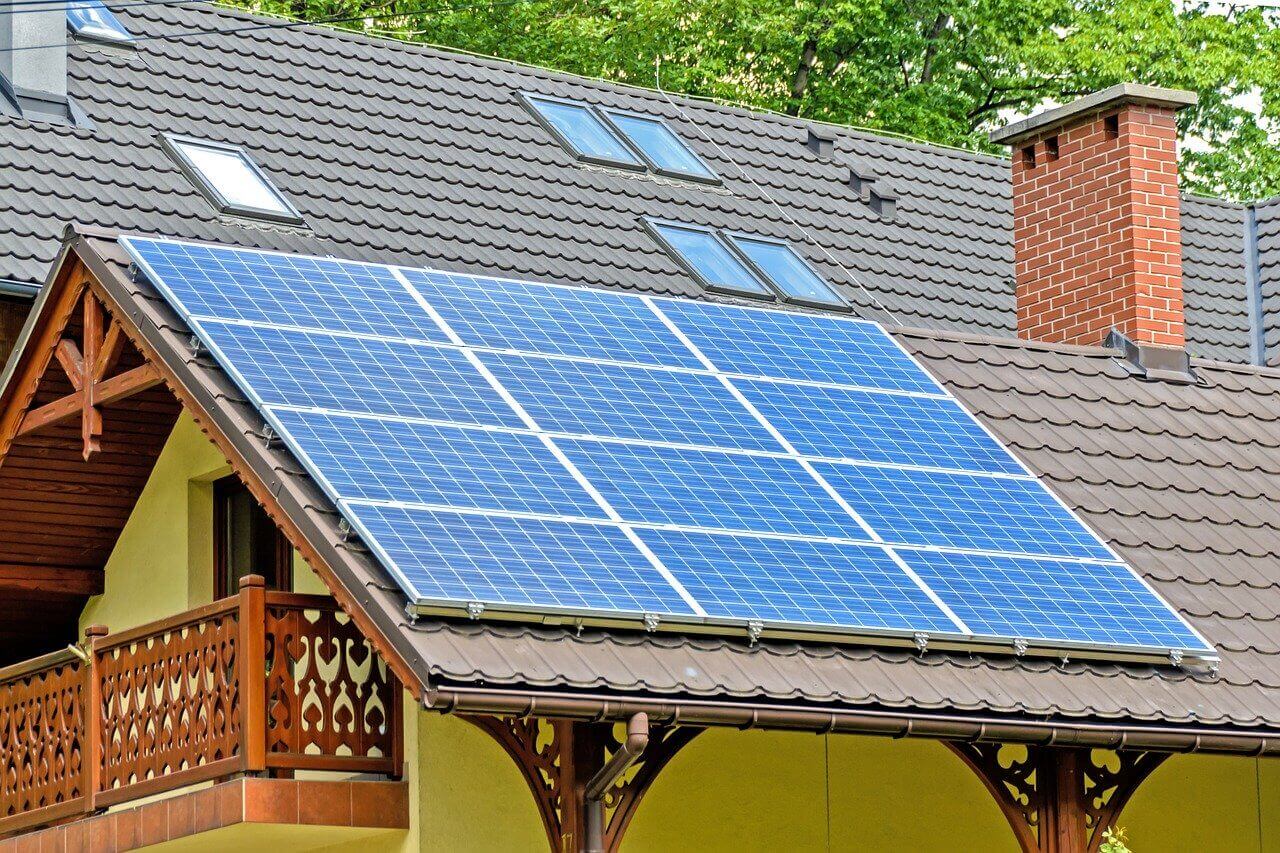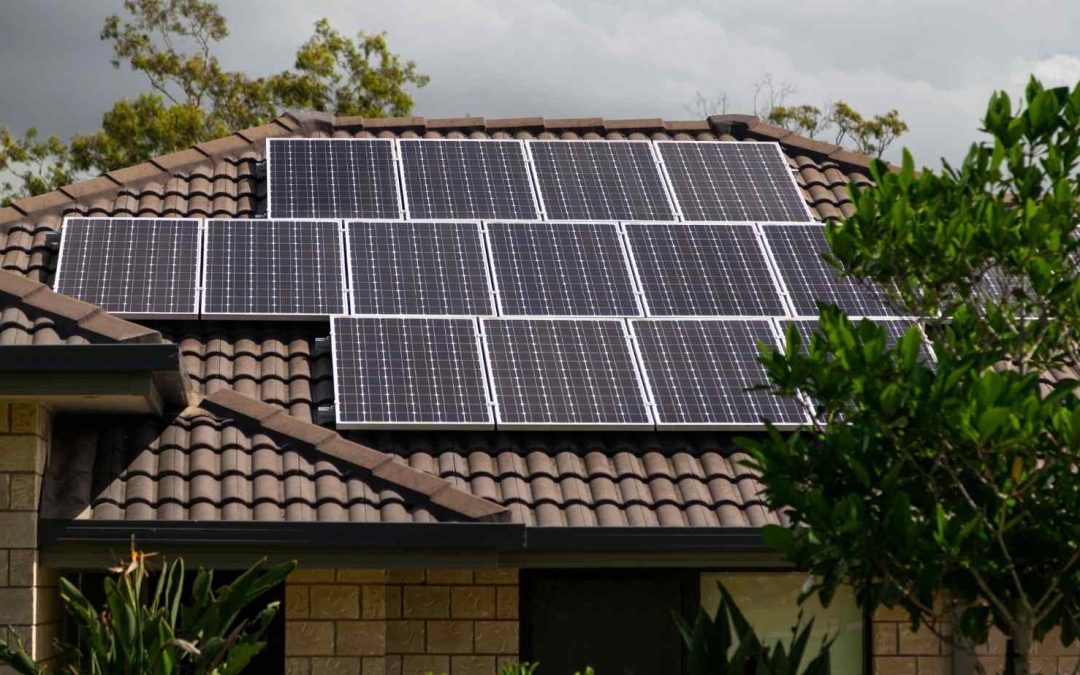When you are planning to power your home with solar energy, it’s essential to consider the different types of solar panels for houses currently available. Although this is only one of the few steps that you’ll need to take, it’s important to choose a solar panel option that will suit your house and needs the best.
Running your house on a renewable energy source can feel empowering, but when the wrong materials are used, it’s a recipe for disaster. The type of solar panel best suited for your home is dependent on various factors which we will discuss in this guide below. Of course there are plenty of pros and cons of solar energy, so you really need to weigh up your options and decide whether solar panels are the right choice for your home.
If you are looking to purchase a home with leased solar panels, there are some important things you should know before making your purchase. Read our guide about buying a house with leased solar panels first.
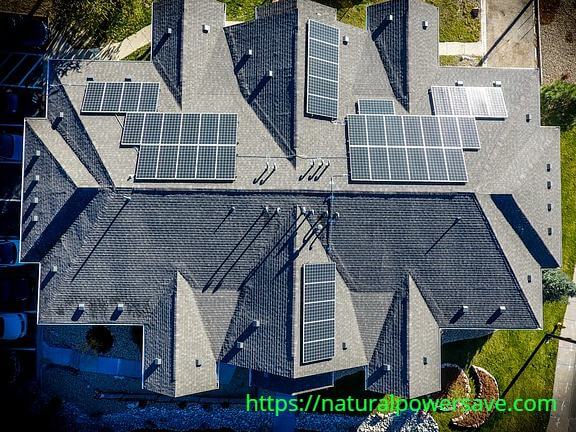
What are Solar Panels and How Do They Work?
Before getting started on which type of solar panel is best, you must understand what they are and how they work.
The term solar panel is used to describe a device made to absorb energy produced from the sun’s rays. This collected energy is then converted into electricity or heat through what is called a photovoltaic effect.
Electricity can be used as it’s created, and excess energy can be stored in solar batteries or sold to utility companies via a net metering system, if available.
The Different Types of Solar Panels for Houses
Solar power is a reliable and cost-effective energy source when your chosen type of solar panels are matched to your environment. By using the right solar panel to create renewable energy for your home, you can efficiently convert sunlight into electricity.
| Type of Solar Panel | Pros | Cons |
| Monocrystalline Solar Cells |
Great for aesthetics High power output Durable Perfect for commercial use Occupies little space
|
Costly
|
| Polycrystalline Solar Cells |
Cost-effective
|
Low efficiency Space consuming Less durable Risk of damage in high temperatures Can be an eyesore |
| Thin-Film: Amorphous Silicon Solar Cells |
Great for aesthetics Lightweight and portable Flexible |
Cost-effective Low efficiency Less durable |
| Concentrated PV SolarCells | High power output | Requires a solar tracker and cooling system to function at an optimal level |
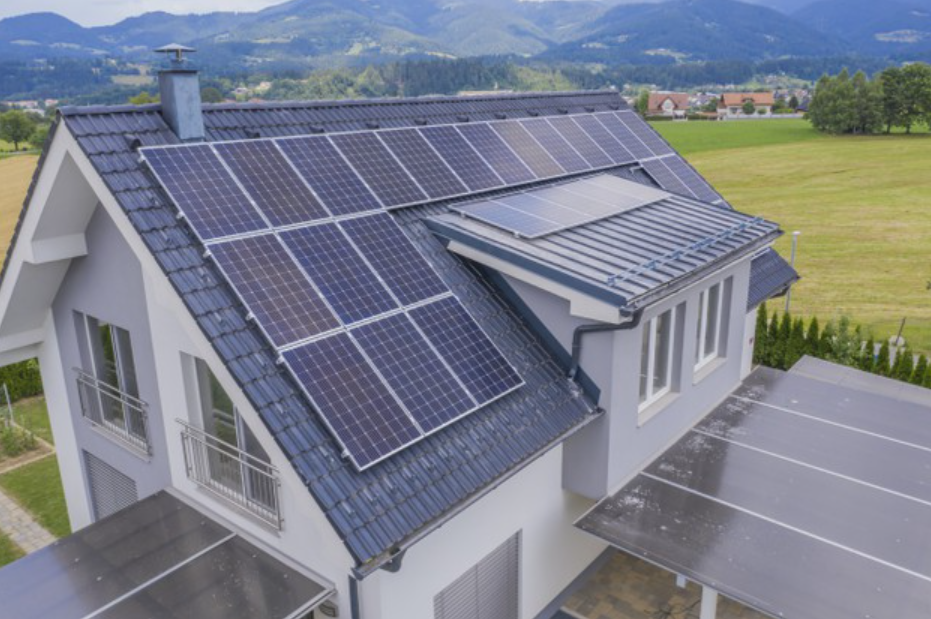
How to Choose the Best Solar Panels for Your Home
Before investing in solar panels as a renewable energy source for your home, there are specific steps you should follow to determine which panel type will be best for your house.
1. Determine your home’s energy efficiency
The first thing you’ll have to do is determine how energy efficient your house already is. When you are aware of your total electricity usage, it’s easier to choose a solar panel type. Doing an energy audit can indicate how your home is losing energy and determine what you need to do to make your energy use more efficient. If your house has a high energy consumption rate, monocrystalline solar panels will work best.
2. Determine your area’s solar potential
Not all areas have the same energy reach from the sun. Many variables need to be kept in mind when assessing your house’s solar potential. Nearby current and future shade trees, average weather conditions, and roof size influence how much solar potential your home has. Thin-Film panels require a lot of roof space, while monocrystalline panels will give you the highest energy output and work best on small roofs.
3. Shop around for the best prices
Choosing which type of solar panel is best for your home also comes down to the price. Installing a solar energy system can be expensive. You need to invest in a system that will work efficiently, be durable, and fit your budget. Before deciding on the type of solar panel you want, request quotations of different kinds from several installers to see which offers you the best deal.
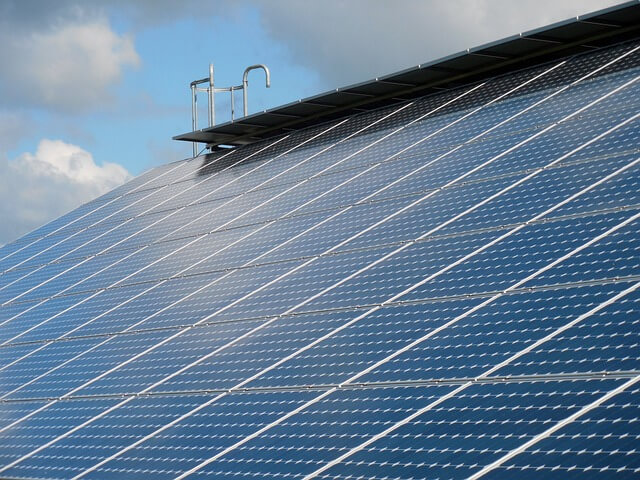
Frequently Asked Questions About Solar Panel Types
Choosing the right solar panel for your home can be confusing. Here are some commonly asked questions about the different types of solar panels.
Which solar panel types are commercially available?
Commercially there are three types of solar panels for houses: monocrystalline, polycrystalline and thin-film.
Which type of solar cell is the most durable?
The average life expectancy of solar panel systems is 25 to 30 years, with monocrystalline panels being at the highest spectrum of this timeframe.
Which solar panel type is considered the most advanced?
Due to their narrow design, weight, flexibility, and ease of installation, second-generation thin-film solar panel systems comprise the latest technology.
Which type of solar panel system is the most cost-effective?
Although polycrystalline and thin-film solar cell systems are cheaper than monocrystalline systems, monocrystalline solar cells are more efficient and durable. These factors make them a better solar system investment if your budget allows it.

Other Things to Consider When Installing Solar Panels
1. Solar Panel Brand
Companies who invest in their manufacturing processes deliver quality solar panels. It’s important to investigate the solar panel brand you decide on before making a final purchase. These options will of course differ depending on your location.
2. Solar Panel Installer
When it comes to installers, it’s best to choose a local installation company with good reviews. Besides comparing prices, you should look at their reputation on the quality systems they install, service delivery, and after sales assistance. Using a local installer also lessens the hassle when a problem does arise.
Final Thoughts
Installing a solar panel system for your home is a clean, renewable electricity-producing choice. You’ll contribute to a greener environment while saving money, and on average, a solar system can pay for itself within three years of installation. If you want your solar system to work best for you, it’s essential to choose carefully between the types of solar panels for houses while also considering cost, brands, and installers.
